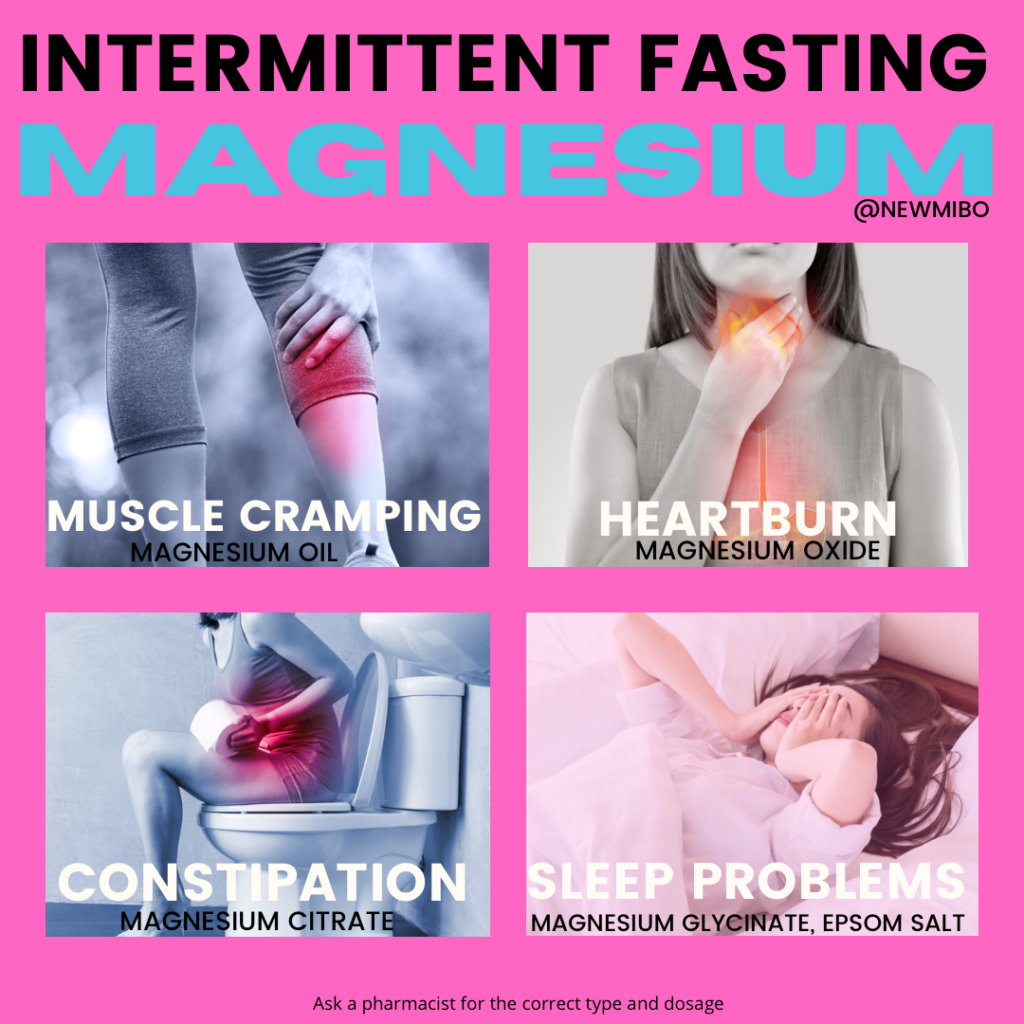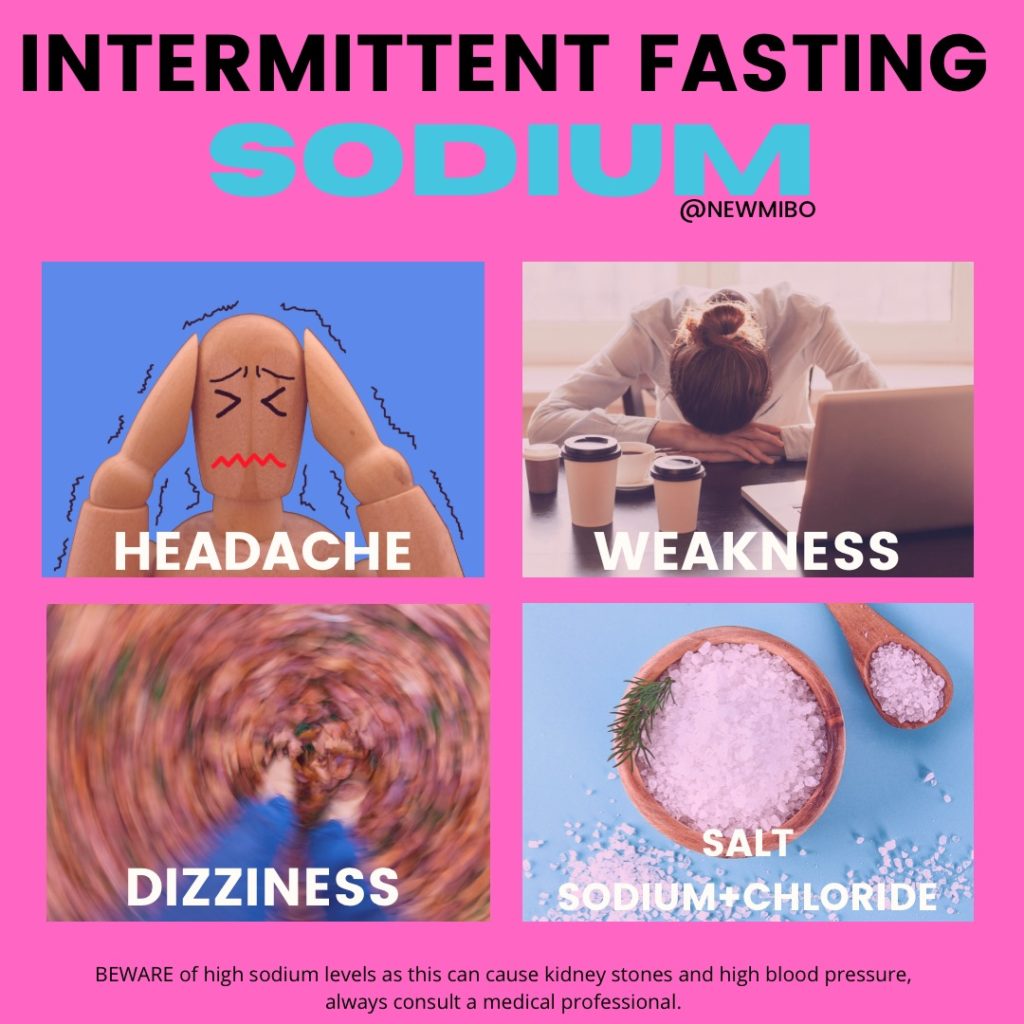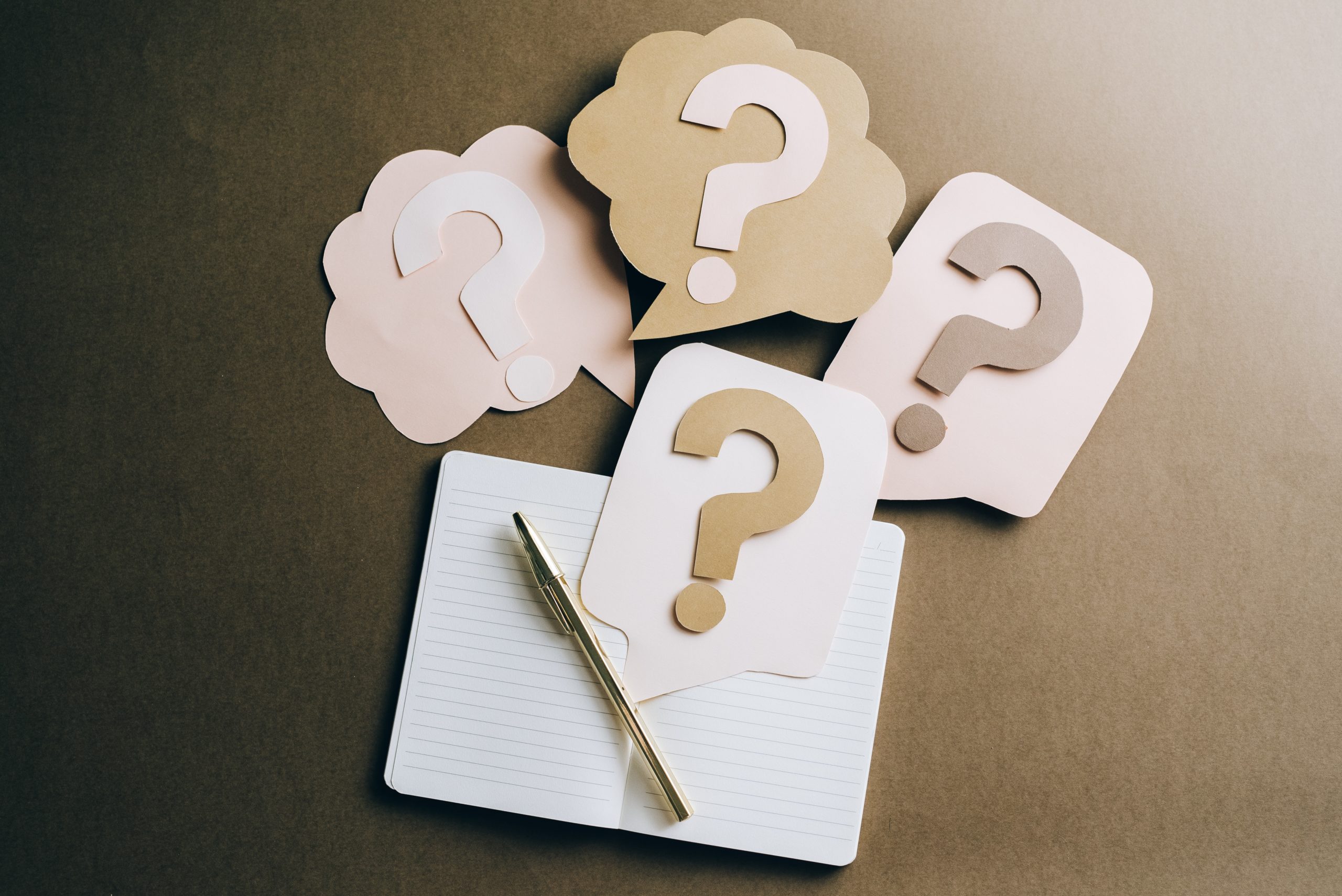At this point you will have already been fasting intermittently for at least a couple of weeks. I am going to assume you would have come across some not so pleasant symptoms as a result of fasting.
In this post, I shall address a few of the most common ones; hunger, overeating, cold, cramps, headache&dizziness
HUNGER
The main concern with fasting for most of us is hunger. I have spoken/written about hunger many times and to be fair it is a fascinating topic. There are many types of hunger; mouth hunger, appetite driven eating, pms hunger, clock hunger, emotional hunger, all of which can be somewhat suppressed with the right mindset and strategy.
I recommend you read AC: The Power of Appetite Correction by Bert Herring MD, if you’d like to gain more perspective on this topic.
Today, I will only address “cures” for physical hunger. Some of these technically break a fast but maintain low insulin, hence will not compromise the fat burning benefits of fasting.
DOES NOT BREAK A FAST
1. APPETITE SUPPRESSANTS
see week 2 for detailed description
- GREEN TEA
- COFFEE
- CINNAMON
- MINERAL WATER
2. SALT
mixed in water or straight salt rock in the mouth
BREAKS A FAST BUT MAINTAINS LOW INSULIN
add 1 TB of fat in hot beverages
4. CHIA SEEDS
add 1 TB of chia seeds in water, drink straight away or let soak into jelly like consistency and eat.
5. FLAX SEEDS
same principle and preparation
as CHIA
Your body becomes fat adapted, accessing fat stores to use for energy, with continuous fasting practice, which is why you become less and less hungry the more your practice. Fasting encourages your body to burn its own fat when all the food and sugar has been utilised. This is why consistent and continuous practice is essential. Hunger may lead to the next common problem and that is overeating.

EATING TOO MUCH
It is normal to want to eat more when you first begin fasting. This should gradually subside as your body becomes fat adapted and will start using its own body fat for fuel.
What you can try meanwhile is:
1. fasting window
start with an overnight fast and expand your fasting window gradually hour by an hour as the weeks go on
Your goal is to gently ease your body and mind into your new routine in order to prevent the sudden uncontrollable urge to overeat each time your eating window starts
2. eating window
plan your complete meals in advance, this way you know what you’re having instead of randomly eating everything in sight
spread your meals into 2,3,4 mini meals within your eating window
as discussed in week 2, do not change your diet at this stage this will only make you feel more deprived and you will end up bingeing
If you have a history of eating disorder please do not fast at all.

FEELING COLD
You will likely experience cold hands and feet when fasting. Drink exclusively hot beverages, even warm water and carry a flask. This has been discussed in week 1 guide.
Naturally, layer up your clothes, move your body and treat yourself to a hot bath ideally with some Epsom/magnesium salts.
An Epsom salt bath can further help with the next potential concern, muscle cramps.
MUSCLE CRAMPS
Treating yourself to an Epsom salt bath is one way of easing muscle cramps, as well as keeping warm, relaxed and away from the kitchen. Another option is to purchase a magnesium oil and spray directly onto the effected area.
Magnesium oil is my personal favourite and I use it for period cramps as well. Alternatively, you can try magnesium supplements. Beware, as there are many types of magnesium, please discuss this with your pharmacist or a health shop advisor.

HEADACHE & DIZZINESS
Headaches are perhaps just as common as hunger, although both should completely diminish after the first few days of intermittent fasting.
Reasons for headaches vary:
If you’re used to drinking caffeinated beverages such as coke, you will likely experience headache when you cut it out during your fasting window. Same goes with coffee, if you decide to cut it out.
Another reason is salt depletion which can also cause dizziness. Some people swear by adding salt in their water or simply taking a small piece of salt rock straight.
Dr Fung recommends broth or mineral water until the problem resolves itself. Theoretically, all of the mentioned problems should go away once you become accustomed to your new intermittent fasting routine. Furthermore, any discomfort should only be mild, stop fasting if you feel unwell.

DISCLAIMER
Most importantly, always consult a medical professional before making a lifestyle change and when experiencing any unpleasant symptoms. Information on this website is by no means medical advice. It is only to be viewed as inspiration and personal opinion as to what is possible. Fasting is my passion not a profession. Thank you.
RELATED articles
SOURCES:
The Complete Guide to Fasting, 2016, p. 239-245, Jason Fung MD with Jimmy Moore
AC: The Power of Appetite Correction, 2015 by Bert Herring MD



